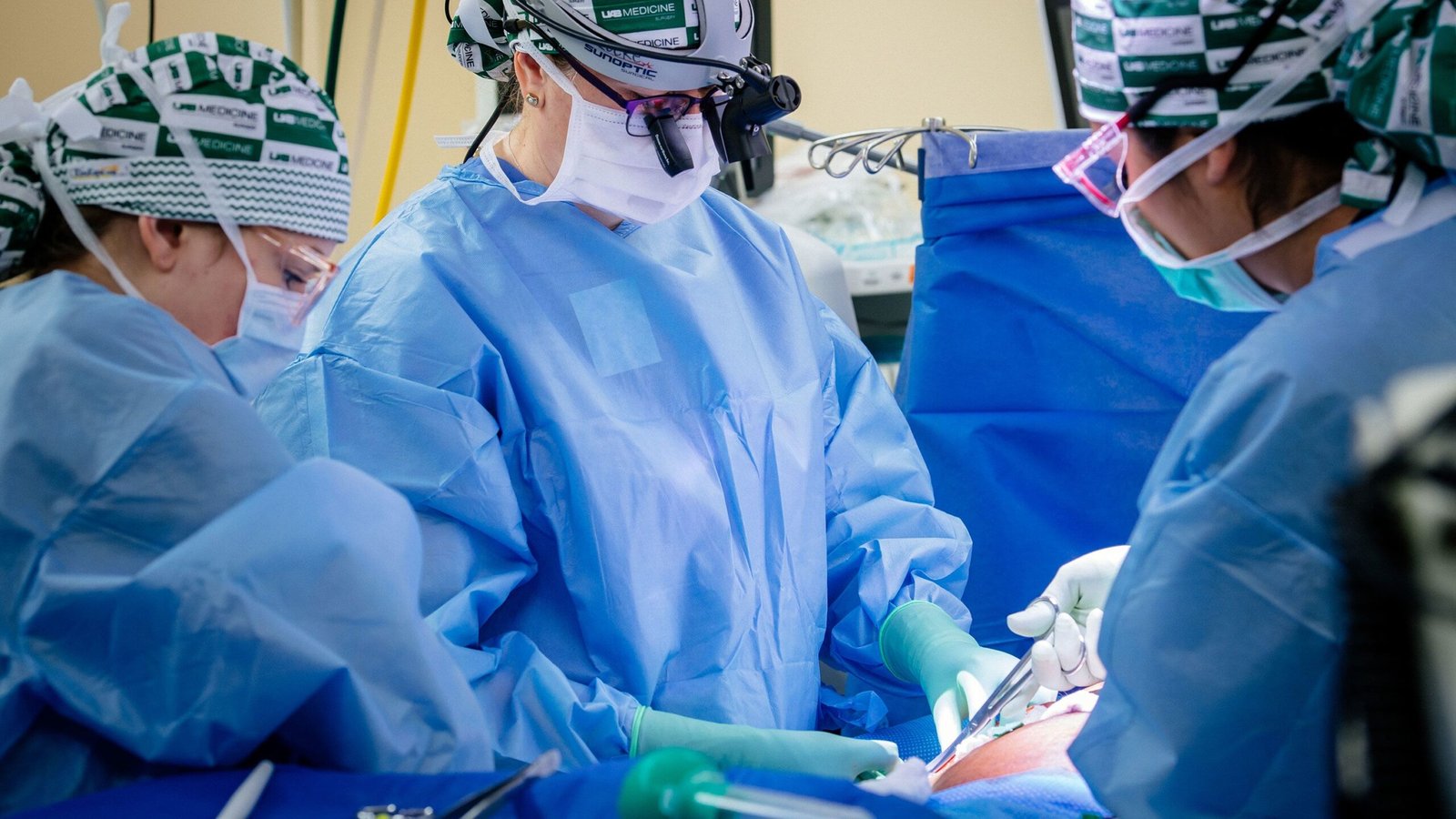A Consultant Urologist at the Aminu Kano Teaching Hospital, Dr. Sani Al-Hassam, has raised an alarm on the growing prevalence of kidney diseases in the country attributing the rise to contaminated foods, synthetic products, and the influx of counterfeit drugs.
According to Dr. Al-Hassam, these factors are driving kidney failure rates across the country.
Speaking at the launch of a new dialysis unit at the Renal Centre of David Umahi Federal University of Health Sciences on Wednesday in Ebonyi state, Al-Hassam warned, “We are consuming foods contaminated with fertilizers and synthetic additives, which contribute significantly to kidney damage.”
He pointed out that the excessive use of fertilizers in agriculture, particularly in riverine areas, leads to contamination in both water and food supplies. “The toxins enter our system, and our kidneys bear the brunt,” he explained. Adding, the rise of fake medications circulating in Nigeria worsens the situation, contributing to broader organ failure.
Dr. Al-Hassam also highlighted the global rise of kidney diseases, often linked to hypertension, diabetes, and chronic glomerulonephritis. He noted, “The kidney is a filter; anything that goes into the bloodstream must be processed by it, and when toxins accumulate, the kidney ultimately fails.”
With over 20 million Nigerians living with chronic kidney disease (CKD), the importance of regular health check-ups is underscored. Dr. Al-Hassam stressed, “Early detection is critical to prevent kidney failure.”
Patients suffering from kidney diseases usually exhibit symptoms such as frequent or infrequent urination; shortness of breath, swelling in feet and ankles, muscle cramps, nausea and vomiting. Once these symptoms have been observed, there is a need for dialysis or a kidney transplant to live.
The newly established Renal Centre, backed by TETFund, aims to combat the growing kidney disease crisis while contributing to medical research and training.



